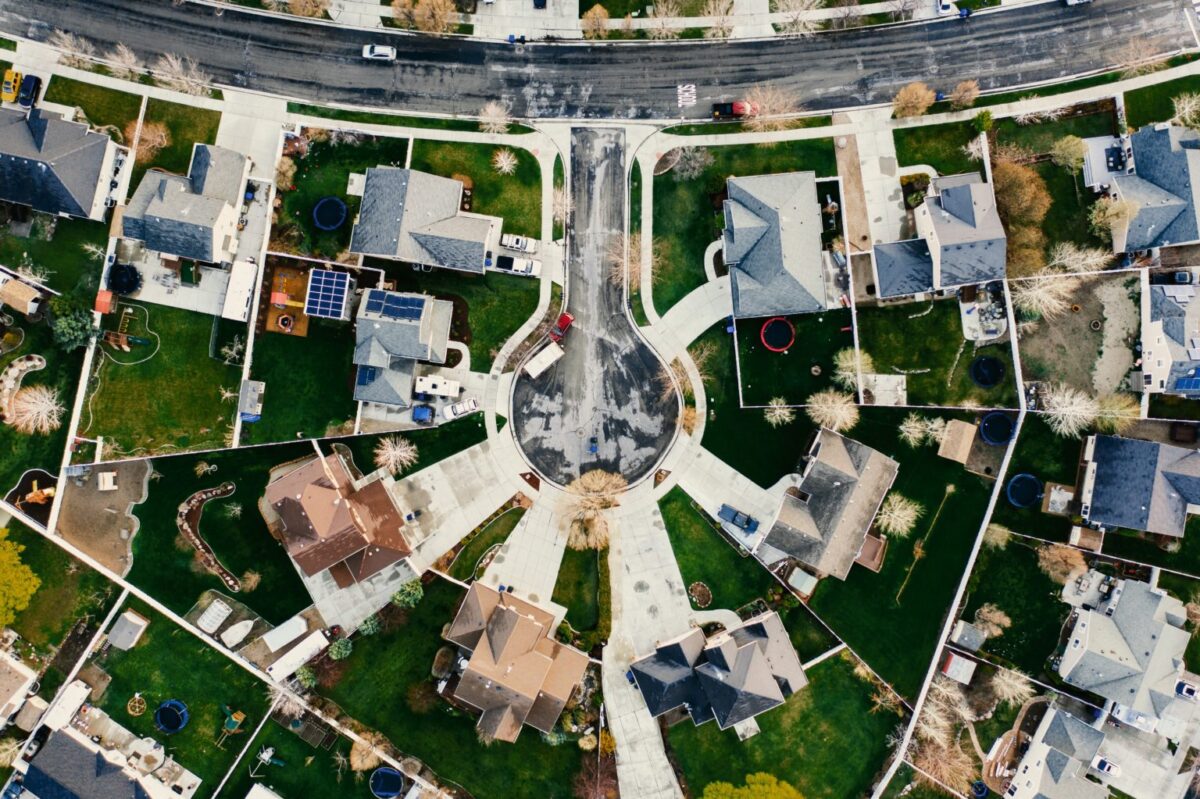I make the investment and then don’t get the return. Sounds about right for the criminals at PG&E and their paid for people in office. Time to turn them into a not for profit public institution.
It’s so weird that a basic public utility is totally owned by a private company. Roads and water are maintained by the government in my county. Why not power?
Water is owned by private business on California too.
Yeah, just speaking for my county. I live in a county that has water and sewage run by a public utility. Also, the county has historically had a reputation for having really fantastic water that tastes amazing.
Power, water, internet, healthcare, education, transit, there’s a lot of things that should be public utilities or at least with a convincing public option because of the clear conflict of interest between private corporations and social benefit, but aren’t, because money controls politics.
Here in europe we’re gonna have to pay the electrical company for the energy our own solar panels generate above a certain amount.
“Can we just turn them off?”
“No 😠”
That is nuts. We need to take back power from these companies.
I’m pretty sure this will break the law of thermodynamics.
Where in Europe is this? Europe isn’t a monolith, after all.
Here in the Netherlands we (currently) still have the “salderingsregeling” which is used to reimburse people for the solar they feed back into the grid, though that will eventually go away.Paying people for solar on the roof is a bit tricky in general, and probably not sustainable long term:
- The money to maintain the grid has to come from somewhere, and if a lot of people have a bill of zero euros or a negative amount, that system kind of breaks down.
- The grid has a maximum capacity (especially in residential neighbourhoods) so you cannot pump an infinite amount of power back into the grid. If many houses in a neighbourhood have solar the grid simply cannot cope.
What happens if you just…don’t pay the bill?
Then you get disconnected.
I thought that was the point of paying so much for solar? To be OFF the grid?
No going off-grid is a substantially larger investment than most people can afford. To be off grid you have to be able to make enough electricity even on cloudy, short winter days. That means your system must be massively oversized for your needs during most of the year. You also need adequate batteries to store energy for overnight.
Instead people get enough solar to offset some or all of the electricity they use - but on average over time. So they produce a ton during the day and then draw from grid at night.
Correct, but that also comes to the main reason why paying people for roof solar isn’t sustainable in the long term.
As solar panels keeps getting cheaper, more and more people will put solar on their roof. Since they get paid / reimbursed for feeding power back into the grid. And they don’t need a battery because they can just draw from the grid. This causes two problems:
- During the day far more power is produced than needed, since everyone has solar on the roofs
- During the night there is a lot of power draw from the grid, which cannot come from all the available roof solar.
Paying people for their roof solar is a good strategy short-term, but as more and more people have solar on the roof you cannot really keep doing that.
Yeah, this is exactly the point of the “problem” OP complains about. Charge people for overproduction, so they’re encouraged to buy a home battery and contribute in the night.
Eventually home batteries will become a standard part of such installations.
That is not the point. Solar provides most of your power and if you need additional power you can easily get additional power from the grid. That power can come from other people that have solar connected to the grid or other sources. It allows people to not have to spend huge amounts of money on batteries while providing power for themselves and others.
Because they have to give that energy away in order to keep the grid stable.
Hopefully better battery storage will make this better in the future.
The aim with it is to naturally discourage people from overproducing in such overproduction times - e.g. maybe you disable your solar panels when you predict it will happen, lessening the sudden impact on the grid.
FWIW you could buy a high capacity home battery already to eliminate it yourself (charge the battery in those times), but they’re still expensive.
Are they providing support for the things?
They provide no support for the solar. If I have problems I have to go to my solar installer.
Well that’s fucked.
Utilities have avoided infrastructure development such as more solar generators, rooftop solar buyback incentives.
They avoided power storage development too.
They now complain that there’s too much fluctuation between peak solar hours and have to charge the people that were taking action on their own to avoid excessive power costs to make ends meet.
Daamn how can one plan so poorly….
They had money rolling in for decades, why would you need a plan?
Maybe to keep on rolling 🤔
People are just going to install backup batteries and then PG&E isn’t going to get anything.
EV car batteries have been used for the purpose of storing daytime-generated solar energy to power a home during the night.
If I had an expensive EV with an expensive battery in it, I would not want to be wasting my precious limited number of charge cycles on running my house.
Unless you’re talking about a home-scale project to repurpose retired EV batteries for stationary storage. I’ve only ever read about grid-scale versions of such projects.
…I’ve only ever read about grid-scale versions of such projects.
Your EV battery can now power your home, yes really. - The Washington Post
That article describes exactly what I would not want to do - subject my expensive vehicle to additional discharge/recharge cycles thereby shortening its battery’s useful life prematurely.
Lithium batteries are pretty great (except for when they catch fire and are nearly impossible to extinguish), but their performance degrades slightly with every charging cycle. You may have noticed that after a year or two your phone no longer makes it through the day without extra charging, because its total capacity is reduced.
The same thing happens with EV batteries (translating into shorter driving range) but they’re much larger and more expensive to replace. Moreover, when replaced, the old batteries are still capable of useful work with lower capacity, so it’s excessively wasteful to dump them into the hazardous e-waste stream for whatever passes as recycling.
There are companies that are collecting those used EV batteries and using them for electric grid storage, which sounds like a great way to extend their lifecycle and to acquire useful equipment at bargain basement prices. That’s what I meant about only ever seeing it at grid-scale. It would be nice if somebody sold a controller for those to be repurposed for use as energy storage for a single home, at much lower equipment cost than a brand new home battery.
There will be many more used EV batteries available in the next several years as the first wave of widely adopted electric vehicles ages out, and the oversupply should drive down their costs further.
That said, being able to use a vehicle battery as an emergency backup during a storm event is a wonderful side benefit. It’s just no substitute for a full time home battery (that’s actually connected during the day when the panels are producing, instead of being parked at work away from your house).
Shifting costs to other people is the end goal.







